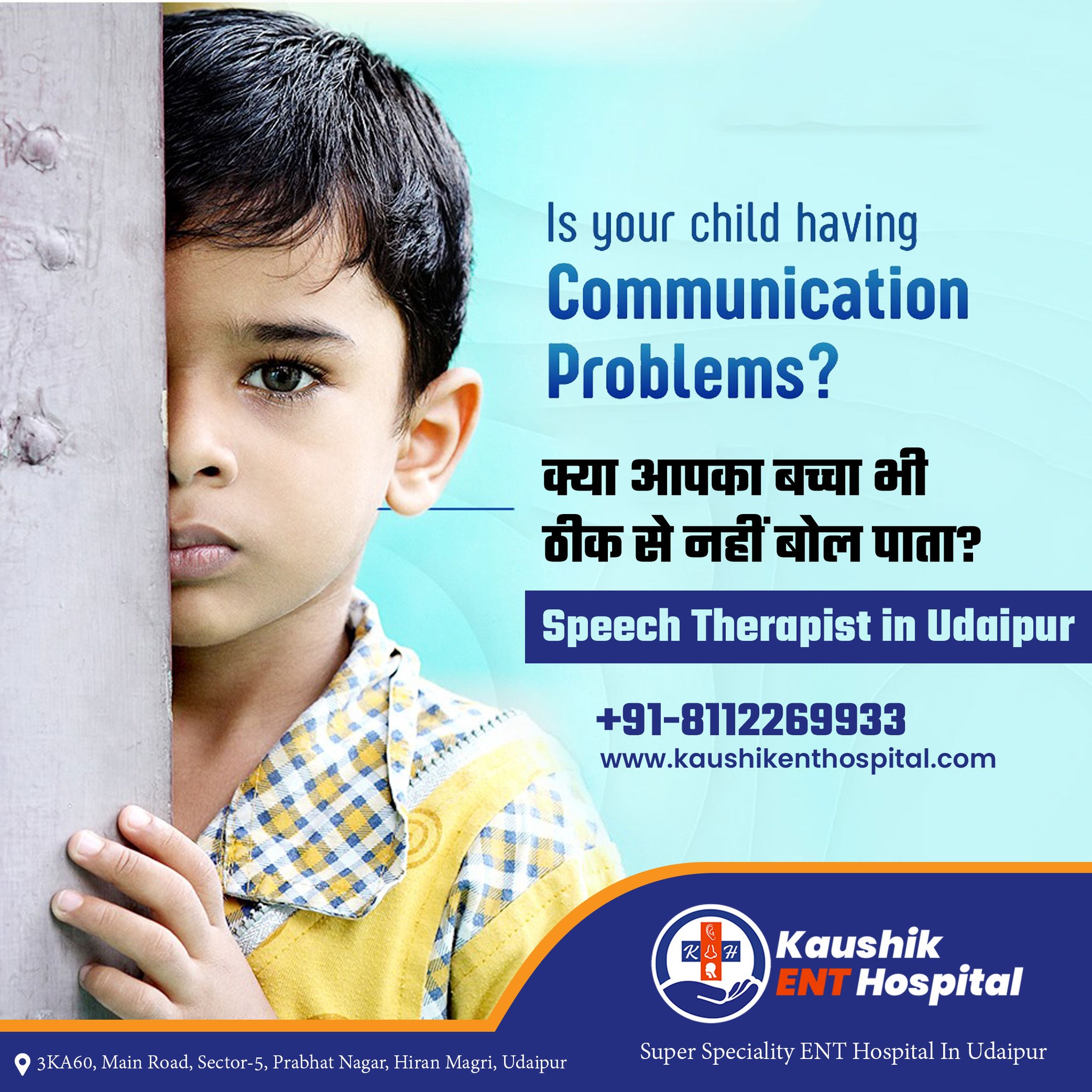Key Aspects of Speech Therapy
- Speech Disorders:
- Articulation Disorders: Difficulties in pronouncing words correctly, such as substituting sounds or omitting them.
- Fluency Disorders: Problems with the flow of speech, including stuttering or hesitation.
- Language Disorders:
- Receptive Language: Challenges in understanding spoken or written language.
- Expressive Language: Difficulties in formulating and expressing thoughts verbally or in writing.
- Voice Disorders:
- Issues affecting the quality, pitch, or volume of the voice. This can include hoarseness, breathiness, or loss of voice.
- Swallowing Disorders (Dysphagia):
- Difficulties in swallowing food or liquids, which can lead to aspiration (food or liquid entering the airway) or nutritional problems.
Common Disorders Treated in Speech Therapy
- Articulation Disorders:
Individuals with articulation disorders have difficulty pronouncing certain sounds correctly, leading to unclear speech. This may involve substituting, omitting, or distorting sounds. For example, a child might say “thun” instead of “sun.” - Stuttering:
Stuttering is a fluency disorder characterized by interruptions in the flow of speech, including repetitions of sounds, syllables, or words, as well as prolongations and blocks. This can affect communication and confidence in social situations. - Voice Disorders:
Voice disorders involve problems with pitch, volume, or quality of the voice. Common issues include hoarseness, breathiness, or a loss of voice, which can result from overuse, vocal nodules, or medical conditions affecting the vocal cords. - Language Delays:
Language delays refer to slower-than-expected development of language skills in children. This can manifest as difficulties in understanding (receptive language) or expressing thoughts (expressive language), impacting communication and social interactions.
Speech therapists are trained to assess and treat these disorders, helping individuals improve their communication skills and overall quality of life.
Goals of Speech Therapy
- Improve Communication Skills: Enhance a person’s ability to speak clearly and effectively communicate their thoughts and needs.
- Increase Language Understanding: Help individuals better comprehend spoken or written language.
- Develop Social Skills: Foster better interaction in social settings, improving confidence and overall quality of life.
- Facilitate Safe Swallowing: Teach techniques to swallow safely and effectively, reducing the risk of choking or aspiration.

Methods and Techniques Used in Speech Therapy
- Individualized Treatment Plans: Tailored approaches based on the specific needs of the patient, which may include exercises, games, and practical activities.
- Use of Technology: Incorporation of apps and software to aid in practice and assessment.
- Family Involvement: Engaging family members in the therapy process to provide support and reinforcement of skills learned.
Who Benefits from Speech Therapy?
Speech therapy can benefit a wide range of individuals, including:
- Children: Those with developmental delays, speech or language disorders, autism spectrum disorders, or learning disabilities.
- Adults: Individuals recovering from strokes, traumatic brain injuries, or neurological conditions that affect speech and language.
- People with Voice Disorders: Those experiencing issues with pitch, volume, or quality of voice due to overuse, medical conditions, or injury.
- Individuals with Swallowing Difficulties: Those suffering from dysphagia due to health issues like stroke, cancer, or neurodegenerative diseases.
Overall, speech therapy is valuable for anyone facing challenges in communication or swallowing, helping to improve their quality of life and social interactions.
Why Choose Kaushik ENT Hospital for Speech Therapy?
- Experienced Professionals: Kaushik ENT Hospital is home to a team of qualified and experienced speech therapists who specialize in diagnosing and treating a variety of speech and language disorders. Their expertise ensures personalized and effective treatment plans.
- Comprehensive Services: The hospital offers a wide range of speech therapy services, including assessments for articulation disorders, stuttering, voice disorders, and language delays. This comprehensive approach addresses the unique needs of each patient.
- Personalized Treatment Plans: At Kaushik ENT Hospital, therapy is tailored to each individual’s specific challenges and goals. This personalized care helps maximize the effectiveness of therapy and ensures better outcomes.
- State-of-the-Art Facilities: The hospital is equipped with modern technology and resources to support effective therapy. This includes the latest assessment tools and therapeutic techniques to enhance the treatment experience.
- Integrated Care Approach: Kaushik ENT Hospital provides an integrated approach by collaborating with other specialists, such as ENT doctors and audiologists. This holistic care ensures that all aspects of a patient’s health are considered in their treatment.
- Supportive Environment: The hospital fosters a welcoming and supportive atmosphere, making patients feel comfortable during their therapy sessions. This positive environment encourages engagement and progress in treatment.
- Focus on Family Involvement: Recognizing the importance of family support, the hospital encourages family involvement in the therapy process. This helps reinforce skills learned in therapy and enhances overall progress.
- Commitment to Patient Satisfaction: Kaushik ENT Hospital prioritizes patient satisfaction and strives to provide high-quality care, ensuring that each patient feels valued and supported throughout their treatment journey.




Leave A Comment